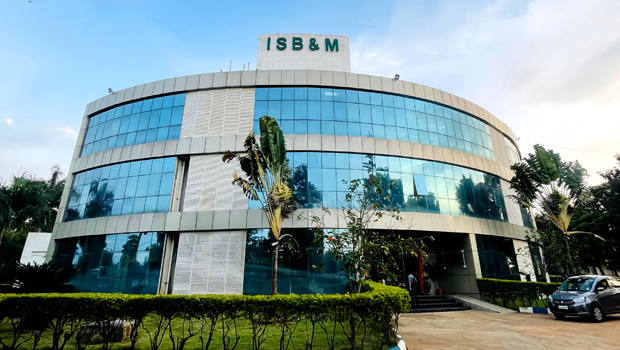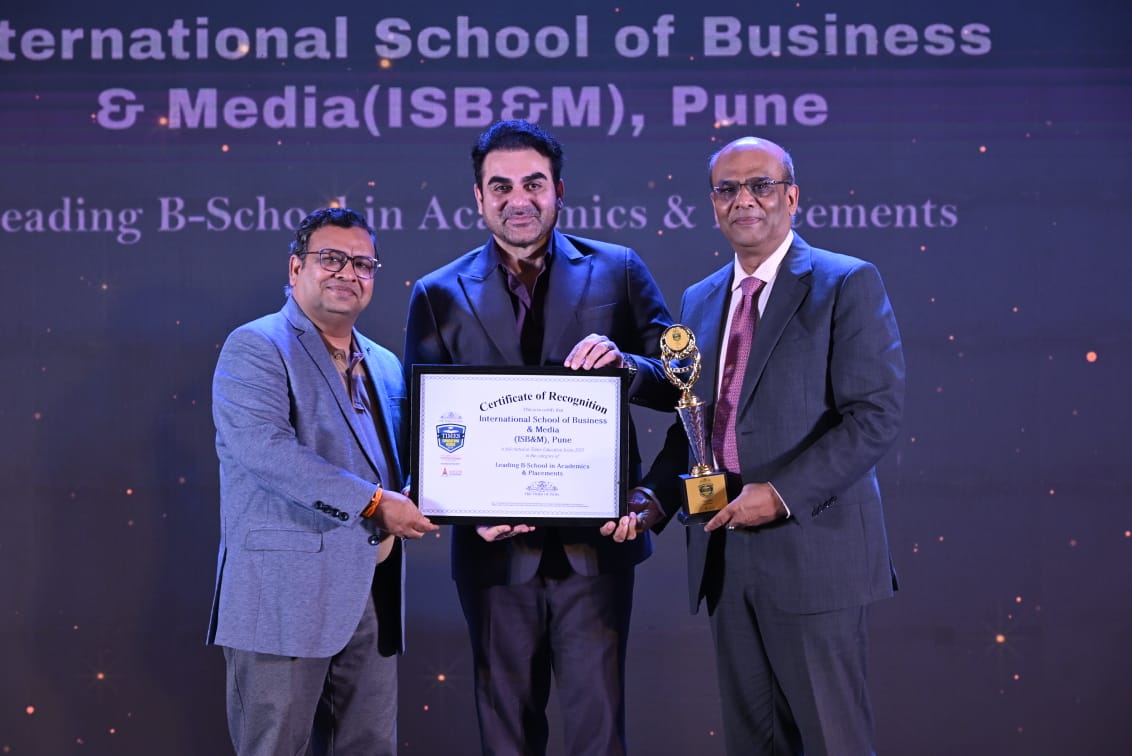
How to prepare and succeed in your Group Discussions
MBA, TOP PGDM PROGRAM
Graduates across the country are gearing up for the evaluations for MBA and PGDM admissions in the best management colleges. The first round will inevitably be the aptitude test. Following which, a Group Discussion is typically one of the rounds that that you will face when you go through this process. This can be a daunting prospect for some students. For a well-prepared candidate however, this round can be an opportunity to stand out from their peers and impress the evaluators.
A group discussion session will typically involve 10-12 participants who will be given a topic and 2-3 minutes to prepare. The group will then discuss the topic for 8-10 minutes This article will explore how to prepare for a GD and the strategies and techniques to perform well in one. This article will discuss the basic skills that an evaluator will be looking for while assessing a GD and how you can develop this skill and showcase them effectively to impress them.
Communication Skills
The most important skill, you will be evaluated on, will be your communication skills. The core competencies that you need to develop are English language skills and the ability to critically analyse the topic. To stand out in a GD round, you need well developed communication skills. Are you able to speak up and put forward your thoughts and opinions? Are your points concise and well-articulated? Do you have the ability to ask relevant questions, counter points made by your peers or defend your own opinions? These are the qualities that an evaluator will be considering when moderating a GD.
Like any other skills, communication skills can be improved through practice. Be an active participant in your classes. Ask questions and interact with your teachers in class. These small steps can give you the confidence to speak in front of an audience. Join a speaking or debate club in your college or local community where you can practice your speaking skills.
Rope in your friends and classmates for collaborative prep. Research possible GD topics and practice together. Hold mock GD sessions with them and considering that several selection processes are being held online, organise some on video calls as well. Most of us don’t have good etiquette on video calls. So mock sessions are a great way to catch mistakes we might make early and help each other become better. This will further add to your repertoire of public speaking and communication skills.
Depth of Content
The best way to prepare for a GD is to ensure you are well read. GD topics can be abstract, but they are usually based on the latest social, political and economic trends. So, make sure you are broadly aware of the latest developments in our society and economy. The easiest way to ensure this is to read the newspaper every day. If possible, read the editorial section of a select few newspapers. This will give you the opportunity to learn about the topic from multiple perspectives. Consequently, your contributions in a GD will also be nuanced and compelling.
Pay special attention to new developments in the business world and the latest economic trends. As an applicant for a professional business course, you need to show the evaluators that you are prepared to enter this world.
Listening Skills
One of the most important skills, for a successful manager and therefore something a management student must cultivate, is the ability to listen. Active listening helps in making us effective communicators. In the context of a GD, actively listening to your peers, instead of just focusing on what you want to say next, will help you contribute to the GD with greater impact. Not only will this help you follow the discussion better, but you will establish yourself as a serious contender by directly supporting or countering specific points raised by your peers.
Leadership Skill and Team Orientation
A group discussion is a great platform to showcase your leadership skills and your ability to work in teams. Take the initiative to either start the discussion or to summarise it at the conclusion of the GD. During the discussion, take the lead in steering it in the direction you want to pursue. If you feel the discussion is going off topic, bring it back on track. However, this does not imply that you monopolise the discussion or shut down those people who disagree with you.
Team orientation is also an essential quality of a leader. Encourage those of your peers who haven’t contributed yet to speak up. An ideal way of doing this is by asking specific group members their opinion of your statements after making a point about the topic. Respectfully interrupting a group member who is taking too much time also indicates leadership ability especially if you follow it up by requesting a quiet group member to contribute.
Strategies to Ace a Group Discussion
An excellent way to make a mark on the discussion is by initiating the GD. This gives you the opportunity to steer the discussion in the direction you want to, immediately catch the attention of your peers and the examiner and shows initiative. You can make your initiation more impactful by starting the discussion with an impactful statement, a story or relevant quotes or statistics. You could also ask insightful rhetorical questions to spark a discussion. Refrain from initiating unless you are knowledgeable about the given topic as starting the discussion by making mistakes will affect your scores negatively.
These techniques can also be used for the main discussion itself. However, contrary to what you may expect, giving a long speech with many points is not a good way to impress in a GD. Be concise when you are speaking. If you have a point to make, speak a few sentences elaborating on that point without repeating yourself. Ideally, you should speak for a maximum of 30-35 seconds. The essential part is to contribute in this way several times over the course of the GD. If you speak 5-6 times over the course of the 10-minute discussion, you establish yourself as an active participant in the minds of the evaluators.
If you are not familiar with the topic of the GD, listen to the other candidates carefully when they are contributing. Then you can summarise what they have said. You could also support some of their points or refute them if you are confident.
You could also make an impact by taking the initiative to summarise the discussion at the end of the allotted time. While summarising, remember to include all the main points that were brought up by the entire group. Avoid including new points and more importantly, don’t limit yourself to your points or those points you agree with. Giving a balanced summary of the discussion will definitely give you bonus points.
An important point to keep in mind while participating in a GD is to always be calm and collected. Be polite to the other participants and avoid getting into an argument with the other participants. You are participating in a discussion, not a debate. Even when you disagree with one of your peers or if some of them are being aggressive, focus more on supporting your points or bring up other points to support your stand without trying to trivialise their points.
If you feel the discussion is going off track, take the initiative to guide the discussion in right direction. Interrupt a speaker if they are taking too long but take do so politely.
Keeping these points in mind when participating in a GD will help you contribute effectively in the discussion and come across as a competent, mature candidate to the examiners. However, always remember not to be a one trick pony. Use a few of the strategies that we have discussed to show how well rounded you are.





